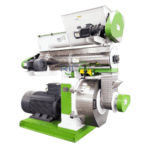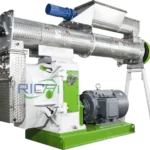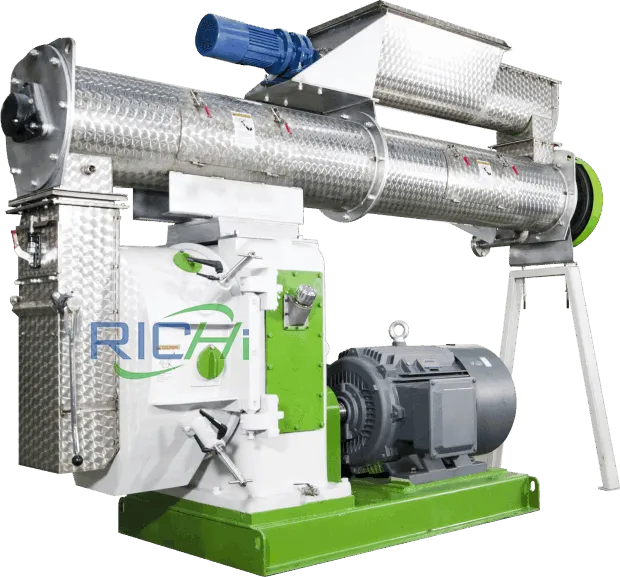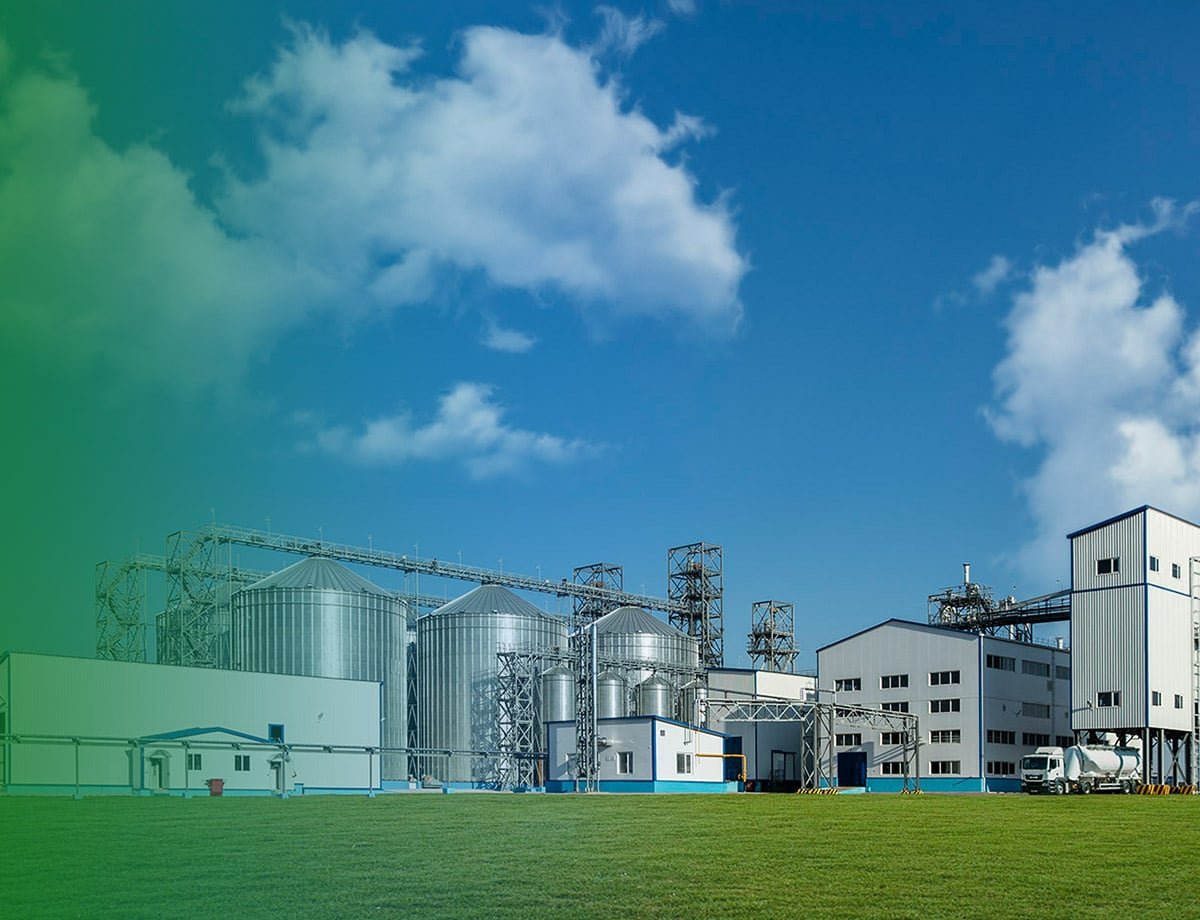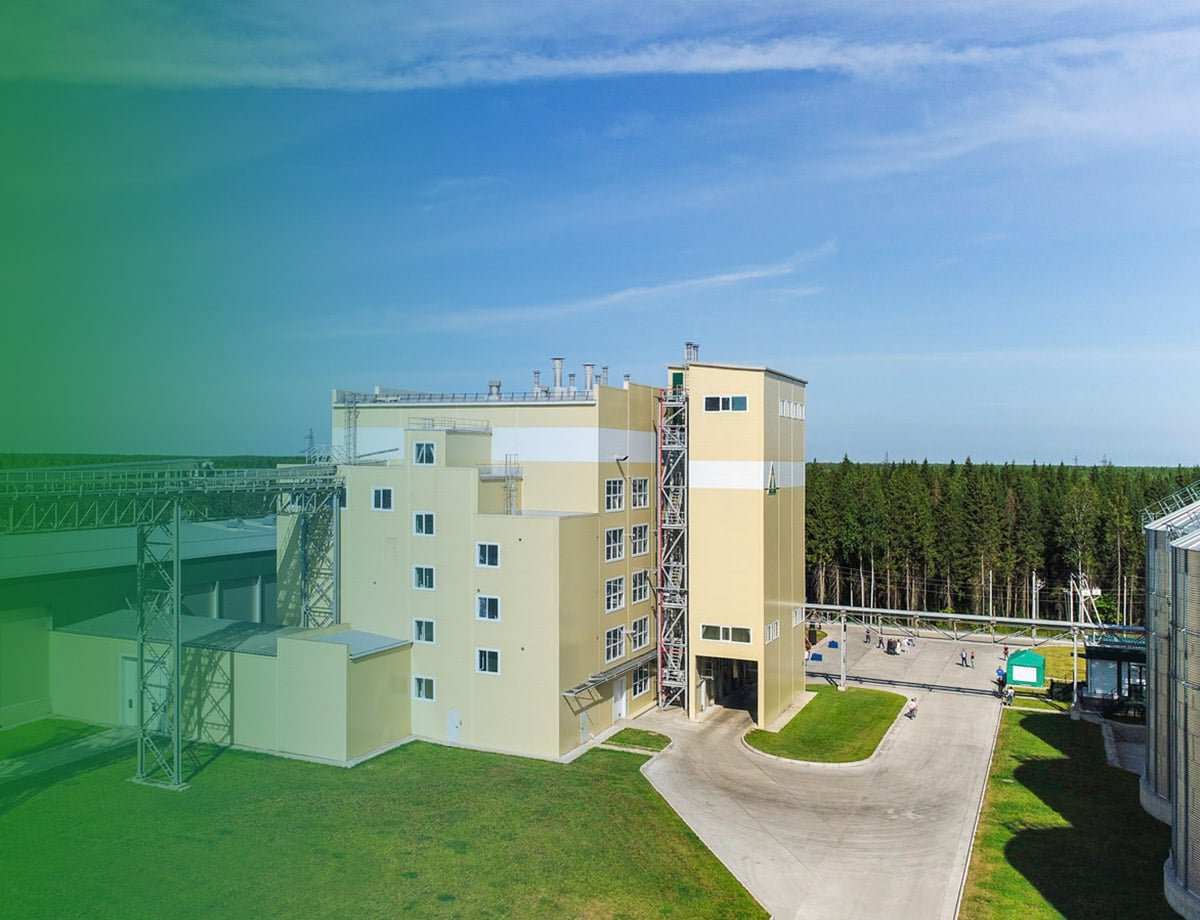Organic fertilizer has gained significant attention in recent years due to its potential benefits for sustainable agriculture. As the demand for organic and environmentally-friendly farming practices continues to grow, organic fertilizers have emerged as a promising solution.
This article will delve into the various aspects of organic fertilizer, including its definition, benefits, nutrient content, environmental impact, misconceptions, and a comparative analysis with chemical fertilizers.
Additionally, it will explore strategies to maximize crop yield through effective organic fertilizer usage, highlighting the positive impact it can have on soil health and food security.
What is Organic Fertilizer?
Organic fertilizer is derived from natural sources such as plant and animal waste, minerals, or decomposed organic matter. Unlike chemical fertilizers, which are manufactured synthetically, organic fertilizers are composed of organic compounds that release nutrients slowly over time.
These nutrients are essential for plant growth and development, providing a natural and sustainable alternative to conventional fertilizers.
Benefits of Organic Fertilizer for Sustainable Agriculture
The use of organic fertilizer offers several benefits for sustainable agriculture:
- Firstly, organic fertilizers improve soil structure and fertility by enhancing its water-holding capacity and promoting the growth of beneficial soil microorganisms.
- Secondly, they release nutrients gradually, ensuring a steady supply over an extended period. This reduces the risk of nutrient leaching and enhances nutrient absorption by plants, resulting in improved crop yield.
- Furthermore, organic fertilizers contribute to long-term soil health by increasing organic matter content, enhancing biodiversity, and reducing erosion.

Nutrient-Rich Organic Fertilizers: A Comparative Analysis
Organic fertilizers are rich in essential nutrients such as nitrogen (N), phosphorus (P), and potassium (K), which are vital for plant growth. A comparative analysis reveals that different organic fertilizers have varying nutrient compositions.
For example, composted animal manure is high in nitrogen, while bone meal is an excellent source of phosphorus. Understanding the nutrient content of organic fertilizers allows farmers to select products that best suit their crops’ requirements, ensuring optimal nutrient availability and plant growth.
Environmental Impact of Organic Fertilizers: A Critical Examination
While organic fertilizers are generally considered environmentally friendly, their impact on the environment is not entirely without concern. Organic fertilizers can contribute to nutrient runoff if applied improperly or in excessive amounts. This runoff can lead to water pollution and harmful algal blooms.
Additionally, the production and transportation of organic fertilizers may have carbon emissions associated with them. However, when used appropriately, organic fertilizers can minimize environmental harm by reducing chemical inputs, enhancing soil health, and promoting biodiversity.
Common Misconceptions About Organic Fertilizers Debunked
There are several misconceptions surrounding organic fertilizers that need to be debunked. One common misconception is that organic fertilizers are less effective than chemical fertilizers.
However, studies have shown that, when used correctly, organic fertilizers can provide comparable or even superior results.
Another misconception is that organic fertilizers are more expensive, but in the long run, they can reduce input costs by improving soil fertility and reducing the need for synthetic inputs. It is essential to dispel these misconceptions and educate farmers and consumers about the benefits and efficacy of organic fertilizers.
Organic Fertilizer vs Chemical Fertilizer: An In-depth Comparison
A comprehensive comparison between organic and chemical fertilizers reveals distinct differences. Chemical fertilizers offer precise nutrient ratios and immediate availability, but they can also lead to nutrient imbalances, soil degradation, and water pollution.
On the other hand, organic fertilizers provide a slow-release of nutrients, improve soil structure, and promote long-term soil health. The choice between the two depends on various factors, including crop type, soil condition, environmental impact, and farmer preferences.
A balanced approach, combining the benefits of both types of fertilizers, can help achieve sustainable and productive agriculture.
Maximizing Crop Yield with Effective Organic Fertilizer Strategies
To maximize crop yield with organic fertilizers, several strategies can be implemented:
- Firstly, farmers should conduct soil tests to determine nutrient deficiencies and tailor organic fertilizer application accordingly.
- Secondly, crop rotation and cover cropping can enhance soil fertility and reduce pest and disease pressure.
- Thirdly, proper composting techniques can ensure the production of nutrient-rich organic amendments. Integrated nutrient management, combining organic fertilizers with other practices such as crop diversification and conservation agriculture, can further optimize crop yield and sustainability.
Organic Fertilizer: A Promising Solution for Soil Health and Food Security
Organic fertilizer plays a crucial role in maintaining soil health and ensuring food security. By improving soil structure, enhancing nutrient availability, and promoting beneficial microorganisms, organic fertilizers contribute to sustainable agricultural practices.
Moreover, organic fertilizers help reduce chemical inputs, minimize soil degradation, and preserve natural ecosystems. With the growing need for environmentally-friendly and sustainable food production systems, organic fertilizers offer a promising solution to address both soil health and global food security challenges.
In conclusion, organic fertilizers have emerged as a valuable tool in sustainable agriculture. They provide numerous benefits, ranging from enhanced soil fertility and nutrient availability to reduced environmental impact.
By dispelling common misconceptions and conducting comparative analyses with chemical fertilizers, organic fertilizers have gained recognition for their efficacy and long-term benefits.
However, effective organic fertilizer strategies, such as proper nutrient management and crop rotation, are crucial to maximize crop yield and ensure soil health. Moving forward, incorporating organic fertilizers into agricultural practices can contribute to a more sustainable and secure food system.
